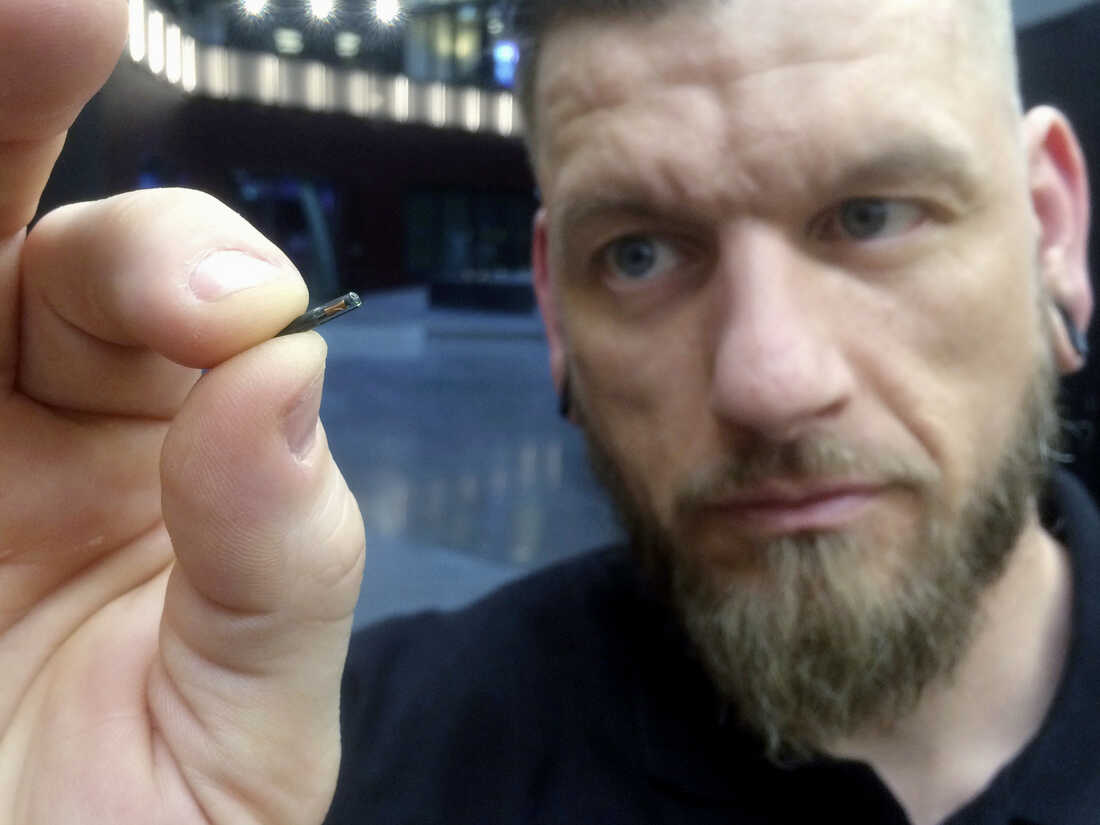Microchips Invade the International Food Supply
Parmigiano-Reggiano cheesemakers have sparked a nationwide debate over edible microchips.
Business Insider reported that the Italian company has faced increased threats due to counterfeiters and is working to safeguard their product with digestible technology.
The Italian cheese market is worth over Four Billion Euros and the Parmigiano-Reggiano brand aims to protect its trademark export with the authenticity chip.
The microchips, which are embedded in the casing of the cheese, reportedly use blockchain technology to trace the products origin. The microchip can be ingested and, according to the Wall Street Journal, is not able to track remotely.
Scientists have been conducting experiments to control digestible technology. New Scientist reports that there are efforts to control robots within the human body to regulate pharmaceuticals in patients.
The FDA has approved digestible microchips. CNN reports that medications featuring the technology can relay the information to a patch on the patient.
Globe News Wire has reported that studies have been conducted in Canada showing data that a majority of consumers are eager to adopt ingestible microchips that can prove the authenticity of their product.
The recent rollout by Parmigiano-Reggiano is being described as the new industry standard.
A report by NPR described the recent trend of Swedish residents implanting microchips into their skin to store data and access everyday needs by swiping their hand.
The Parmigiano-Reggiano microchips are safe, and most likely will not be ingested by the consumer.
Professor Klaus Schwab, Founder and Executive Chairman of the World Economic Forum predicts humans will have neuro-technological brain enhancements that could potentially interact with medications. Will edible microchips interact with our micro-chipped brains in the future?
Business Insider reported that the Italian company has faced increased threats due to counterfeiters and is working to safeguard their product with digestible technology.
The Italian cheese market is worth over Four Billion Euros and the Parmigiano-Reggiano brand aims to protect its trademark export with the authenticity chip.
The microchips, which are embedded in the casing of the cheese, reportedly use blockchain technology to trace the products origin. The microchip can be ingested and, according to the Wall Street Journal, is not able to track remotely.
Scientists have been conducting experiments to control digestible technology. New Scientist reports that there are efforts to control robots within the human body to regulate pharmaceuticals in patients.
The FDA has approved digestible microchips. CNN reports that medications featuring the technology can relay the information to a patch on the patient.
Globe News Wire has reported that studies have been conducted in Canada showing data that a majority of consumers are eager to adopt ingestible microchips that can prove the authenticity of their product.
The recent rollout by Parmigiano-Reggiano is being described as the new industry standard.
A report by NPR described the recent trend of Swedish residents implanting microchips into their skin to store data and access everyday needs by swiping their hand.
The Parmigiano-Reggiano microchips are safe, and most likely will not be ingested by the consumer.
Professor Klaus Schwab, Founder and Executive Chairman of the World Economic Forum predicts humans will have neuro-technological brain enhancements that could potentially interact with medications. Will edible microchips interact with our micro-chipped brains in the future?



Comments
Post a Comment